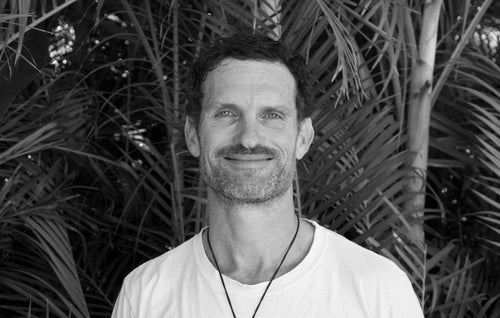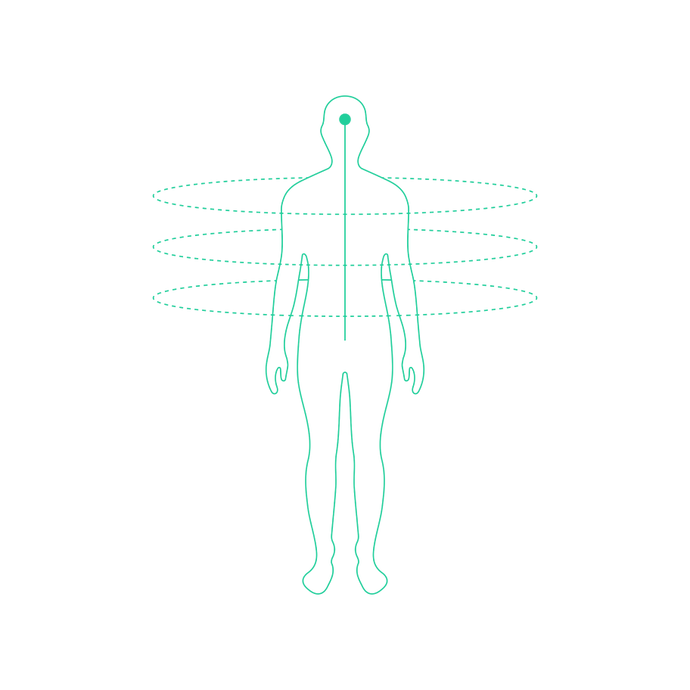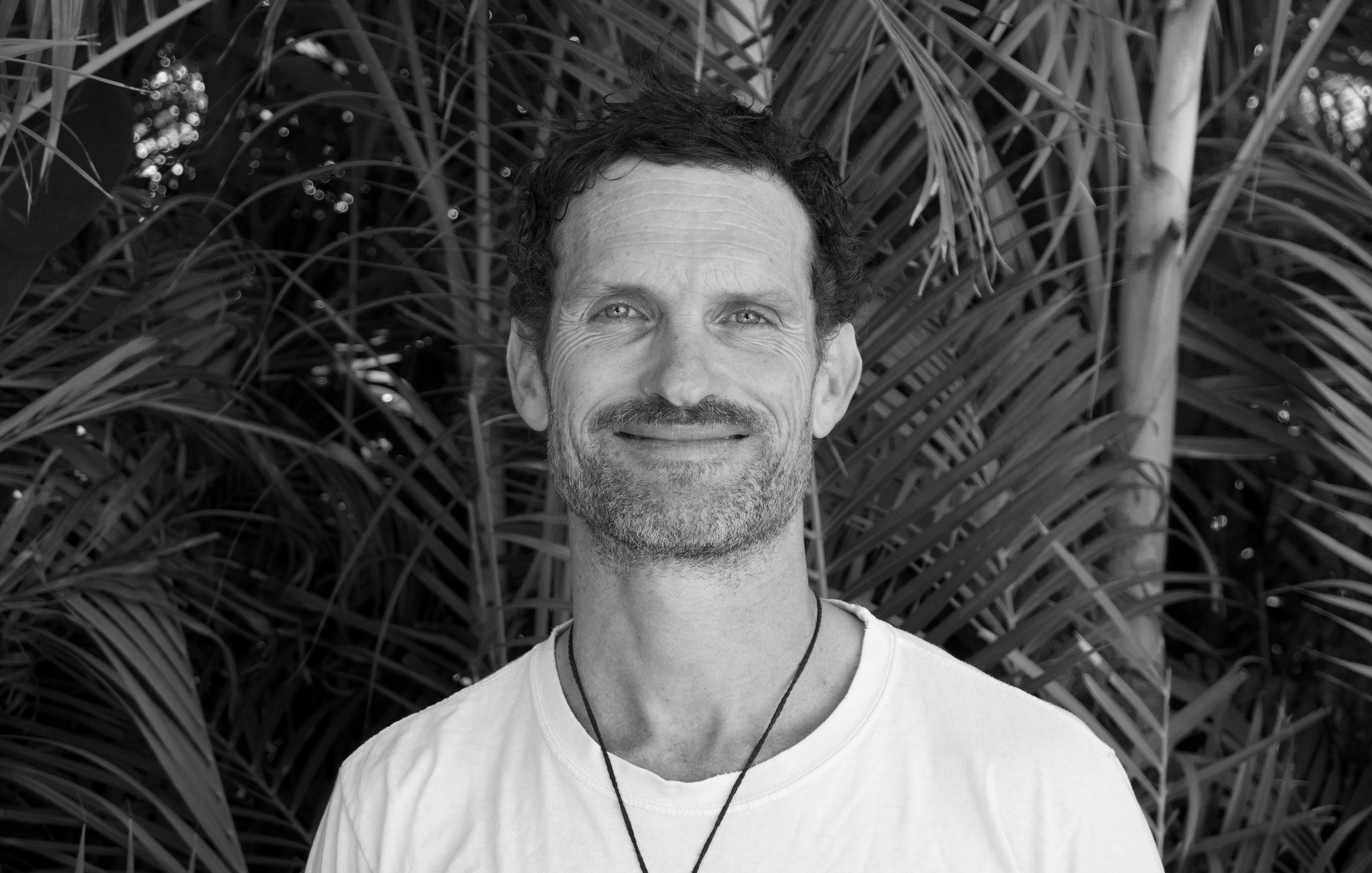Chronic Muscle Tension
Suffering from perpetual tension in your neck, shoulders, or back? Finding that massages and stretching only offer temporary relief? Your nervous system might be keeping your muscles in a constant state of protection, creating chronic tension that conventional approaches can't solve.

Why won't my muscles relax?
What feels like a purely physical problem might actually be your nervous system stuck in a state of chronic vigilance. When your nervous system is dysregulated, it keeps your muscles primed for action, unable to fully release even when you're at rest. This shows up as:
- Persistent tension headaches and neck pain
- Shoulder and upper back tightness that returns despite treatment
- Jaw clenching and teeth grinding (bruxism)
- Full-body tension that affects your posture and movement
- Difficulty fully relaxing even during rest or sleep
Guide to Nervous System Regulation:
How to regulate your body's operating system for better sleep, digestion, mental clarity and emotional balance
Get free guideNervous system dysregulation creates persistent muscle tension
Chronic muscle tension stems from being stuck in Sympathetic Dominance (fight or flight). This creates a cycle of physical tension through the following mechanisms:
Protective Muscle Guarding
Problem ➜ Your nervous system keeps muscles in a constant state of readiness for threat response. This automatic process occurs below conscious awareness, preparing your body to fight or flee even when no danger is present.
Symptom ➜ That persistent tightness that seems to have "no cause" and doesn't respond to stretching—your shoulders might be near your ears right now as you read this.
Stress Hormone Impact
Problem ➜ Elevated cortisol and adrenaline levels directly affect muscle tissue, increasing tone and reducing the ability to fully relax. These hormones prepare muscles for immediate action by increasing blood flow and tension.
Symptom ➜ Waking up already tense despite sleep, or feeling like your muscles "never fully let go" even during relaxation activities.
Neural Pathway Reinforcement
Problem ➜ Repeated muscle tension creates well-worn neural pathways, making tension your body's default state. Your brain effectively "learns" to keep certain muscles tight as normal.
Symptom ➜ Specific areas that always tense first when you're stressed, like your jaw, neck, or lower back—your personal tension pattern that feels impossible to break.
Breath Pattern Disruption
Problem ➜ Chronic stress alters breathing patterns, typically leading to shallow chest breathing that further activates tension in the neck, shoulders, and back muscles.
Symptom ➜ Noticing your breath is shallow and rapid, or realizing you frequently hold your breath during concentration or stress.
Blood Flow Restriction
Problem ➜ Chronically tight muscles compress their own blood vessels, reducing oxygen and nutrient flow while allowing waste products to accumulate.
Symptom ➜ The deep, achy pain of muscles that never truly recover, often misdiagnosed as fibromyalgia or chronic fatigue.
Sensory-Motor Amnesia
Problem ➜ Over time, your brain loses accurate awareness and control of chronically tight muscles, making voluntary relaxation increasingly difficult.
Symptom ➜ The frustrating inability to "let go" of tension even when you consciously try to relax specific muscle groups.
The hidden cost of chronic muscle tenssion
Muscle tension isn't just about discomfor—it's a systemic issue that affects every aspect of your well-being:
85%
of patients with chronic pain report muscle tension as a significant symptom
30-50%
of adults experience tension headaches, with muscle contraction being a primary cause
67%
of workers with chronic neck and shoulder tension report impaired work capacity
2.7x
increased risk of developing anxiety disorders
7
days of work missed per year on average

Break the cycle
Our science-based programs address chronic muscle tension at its root by regulating your nervous system through:
- Neurofeedback to retrain stress response patterns
- Heart Rate Variability for emotional resilience
- Breathwork to activate the parasympathetic system
- Tension and Trauma Release Exercises (TRE®)
- Movement practices that restore natural muscle function
Backed by our research team

Lucy Oliver
MSci, Chemistry & Founder

Dr. Jay Luther
MD,Internal medicine (Harvard)

Dr. Aaron Roughan, DC
CHIROPRACTOR & Behavioural Psychologist

Paola Encinas
NEUROSCIENTIST & BIOMEDICAL ENGINEER

“I’ve done both the 5 and 10 day programs, and I loved them both! I learned so much.
This retreat was truly life-changing. It sparked profound shifts in my nervous system.”
MATT H.
Reserve my Rēset








